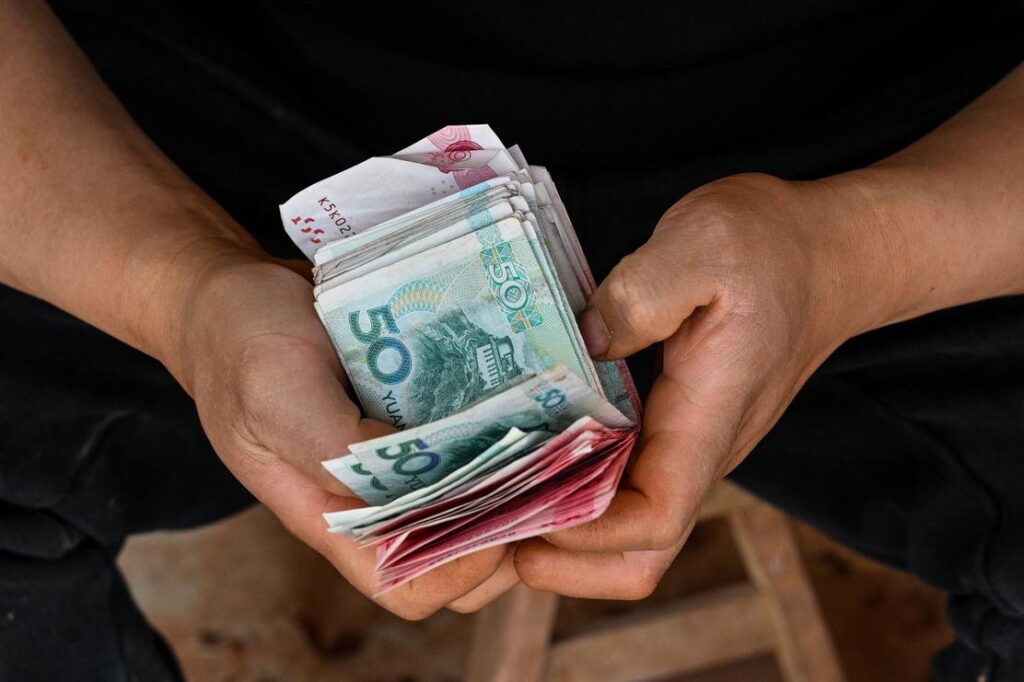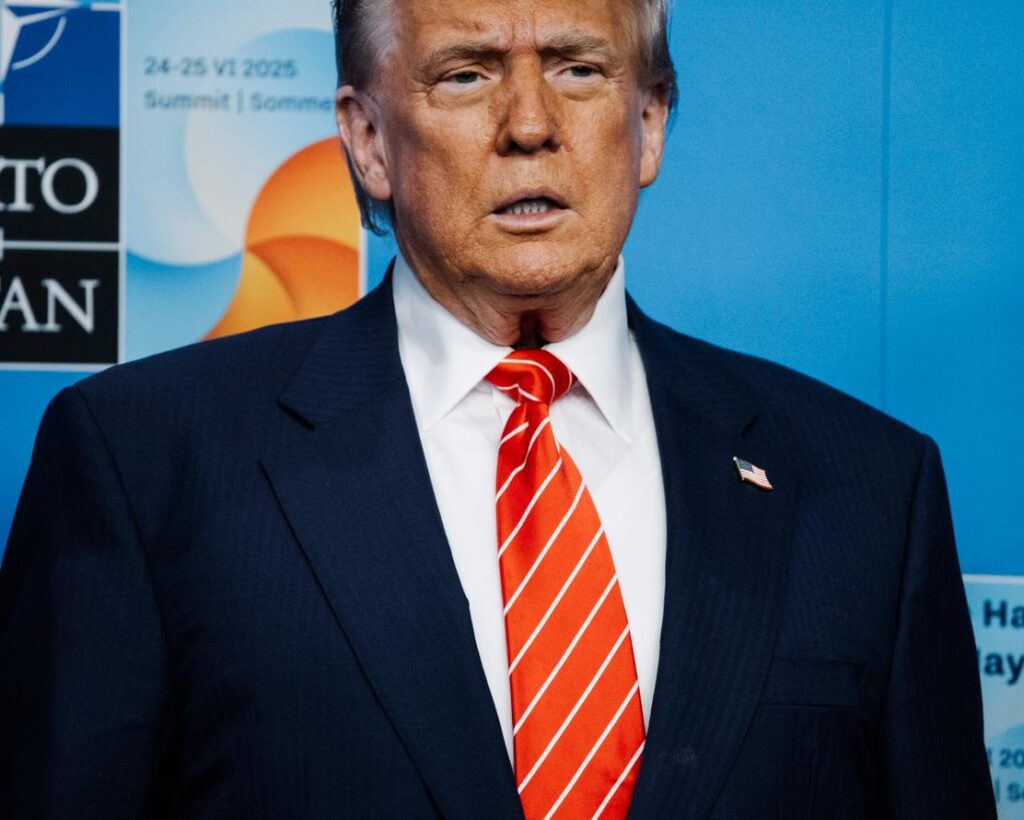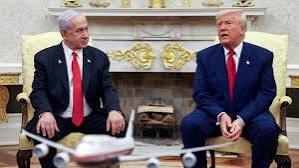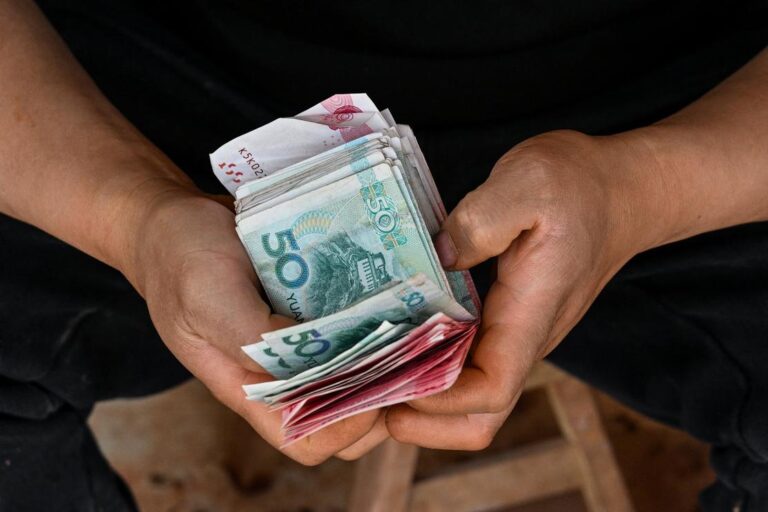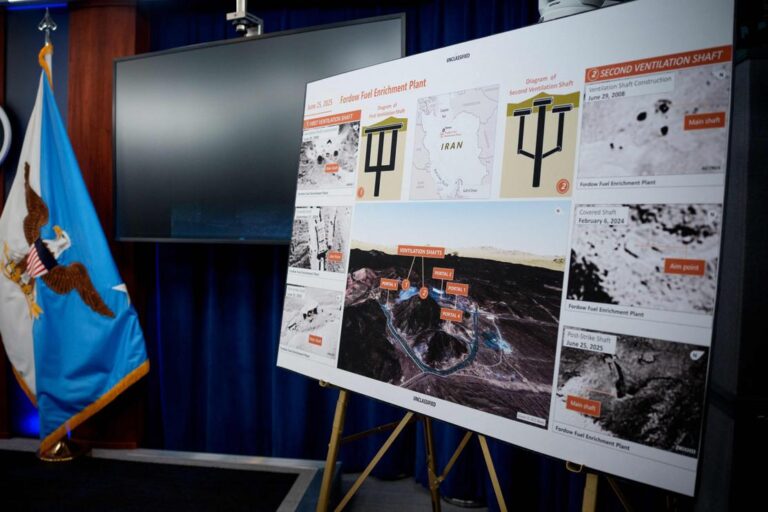The National Budget 2025-2026, the first of the newly elected Government, was presented, this afternoon, in the National Assembly by the Prime Minister, Minister of Defence, Home Affairs and External Communications, Minister of Finance, and Minister for Rodrigues and Outer Islands, Dr Navinchandra Ramgoolam. Delivered under the unifying theme “From Abyss to Prosperity: Rebuilding the Bridge to the Future”, the Budget outlines a bold vision to stabilise, modernise, and transform the Mauritian economy.
At the heart of Budget 2025-2026 lie three fundamental pillars: Economic Renewal, A New Social Order, and Fiscal Consolidation. These form the foundation of a comprehensive development strategy aimed at restoring economic confidence, improving the quality of life for all citizens, and reinforcing the resilience of public finances.
In his address, Dr Ramgoolam stated that the Budget comes at a time of persistent global economic uncertainty, marked by trade tensions, volatility, and inflationary pressures.
Acknowledging the urgency to avert further decline and potential downgrading of the country’s sovereign rating, he said that Government is determined to implement a new model of development. The strategy includes a fundamental rethink of outdated practices and prioritises long-term resilience over short-term fixes.
The Head of Government emphasised that fiscal responsibility will be balanced with compassion. Government aims to reduce the budget deficit, borrowing requirements and debt levels to sustainable thresholds over the next three years.
Key fiscal targets include:
- Real GDP growth of 4 to 5%;
- Achievement of a primary budget surplus;
- Reduction of public sector debt to 75% of GDP, with a statutory commitment to bring it down to 60% in the long term.
The Budget will therefore focus on unlocking new sources of growth, narrowing external deficits, boosting productivity, and attracting investment to generate well-paying jobs, especially for the youth, and improving the standard of living for all. To that end, a new economic model focused on strategic priorities will be adopted.
They are:
- Driving Research, Development and Innovation to foster a knowledge-based economy;
- Repurposing resources towards sectors with higher productivity potential;
- Promoting transformative investments that reshape our economic foundations;
- Revamping trade strategies to enhance competitiveness and market access;
- Investing wisely in productive infrastructure that supports sustainable growth; and
- Prioritising consumer well-being, ensuring that economic progress translates into tangible improvements in daily life.
Major Reforms of the Budget
In a bid to build a fairer and more innovative society, the Budget introduces major reforms aimed at rebuilding the social contract and promoting inclusive development. Social benefits will be preserved and targeted support extended to the most vulnerable, lower-middle and middle-income groups. In line with its equity-focused vision, Government will also launch a dedicated fund to empower youth and women through entrepreneurship and skill development.
Furthermore, significant emphasis has been placed on the green and digital transitions.
Measures include adoption of artificial intelligence and disruptive technologies, as well as initiatives to support the climate transition, food security and the blue economy.
Four new “Pôles de Croissance” will be developed to position Mauritius as a regional hub for innovation, high-value jobs, and investment. These growth centres will stimulate private sector activity, drive exports, and foster new economic sectors.
Budget 2025-2026 therefore reflects a balanced and inclusive approach, with fiscal consolidation achieved through a reduction in the budget deficit, borrowing requirements, and the public debt-to-GDP ratio. At the same time, Government has safeguarded social protection for vulnerable, lower-middle, and middle-income groups by maintaining key allowances and reducing taxes.
Salient features of Budget 2025-2026
- Basic pensions increased by Rs 1,000; total allocation of Rs 68 billion.
- Basic Retirement Pension eligibility age raised to 65, phased over five years.
- Rs 660 million support for 7,000 vulnerable households under Social Register of Mauritius.
- Rs 1,1 billion allocated for social aid; social housing schemes boosted.
- Minimum monthly income guaranteed at Rs 20,000 for full-time employees.
- Income Tax Relief – Around 75,000 individuals earning between Rs 500,000 and Rs 1 million annually will pay lower income tax and 81% of employees will now be fully exempt from income tax.
- Rs 128 billion to be invested over five years in housing, transport, water, electricity, and infrastructure.
- Rs 5,4 billion for port expansion, including cruise and container terminals.
- Construction of Rivière des Anguilles Dam and major upgrades to water systems.
- Creation of a Rs 10 billion Price Stabilisation Fund to combat cost-of-living pressures.
- VAT removed on infant food, canned and frozen vegetables.
- Excise duty increased on alcohol, tobacco, and sugary products (including chocolates and ice cream).
- Points-based driving licence system operational as from January 2026.
Laying the Foundations for the Future
In closing, the Prime Minister reaffirmed Government’s commitment to leading the nation forward, hand in hand with its people. Budget 2025-2026, he said, dares to disrupt the status quo and paves the way for a dynamic, sustainable, and inclusive future.





